While Pedro Almodóvar is a singular talent, he can sometimes unwittingly outshine some of his country folk. Take him out of the equation, and the broader Spanish film culture isn’t revered in nearly the same way as its neighbours in France and Italy. However, with melancholic dramas and raunchy comedies, as well as auteurs like Alejandro Amenábar and Icíar Bollaín, the cinematic landscape in Spain is vibrant – here’s just some of what it has to offer.
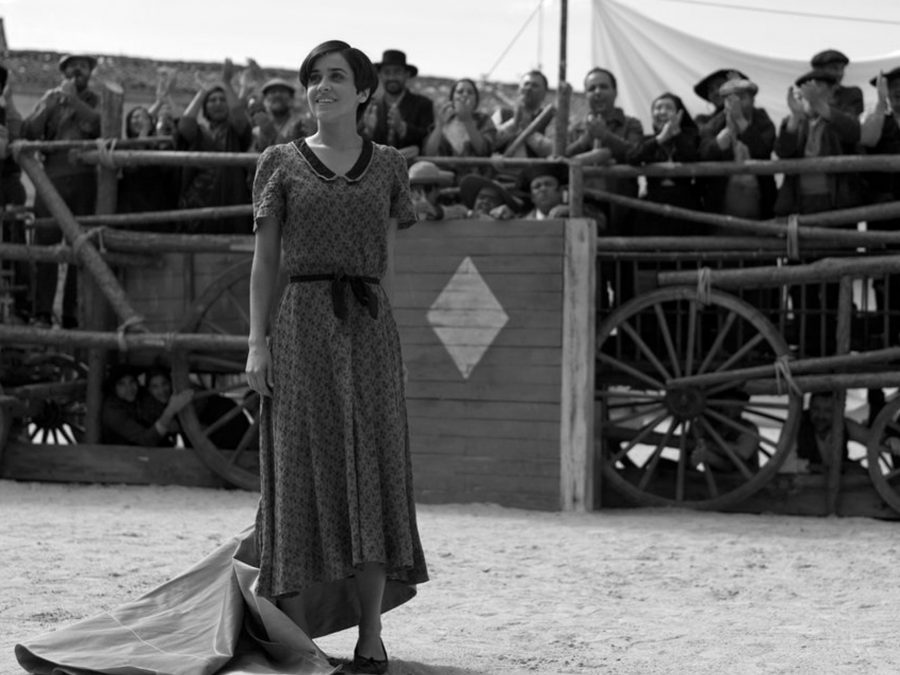
1. Blancanieves – Pablo Berger (2012)
A super-stylised, black and white retelling of Snow White, Pablo Berger has explained that his third film, Blancanieves, is a love letter to the golden age of European silent cinema. But when it arrived in 2012, it was overshadowed by multi-Oscar-winner The Artist and critically acclaimed Tabu – both shot in a similarly vintage aesthetic. But looking at it today, Blancanieves can certainly hold its own: with evocative imagery of sun-drenched Andalucía, a tangible fascination with the ride-or-die world of bullfighting and a shock macabre ending. All in all, it feels exhilarating – and a lot less gimmicky than it did a decade ago.
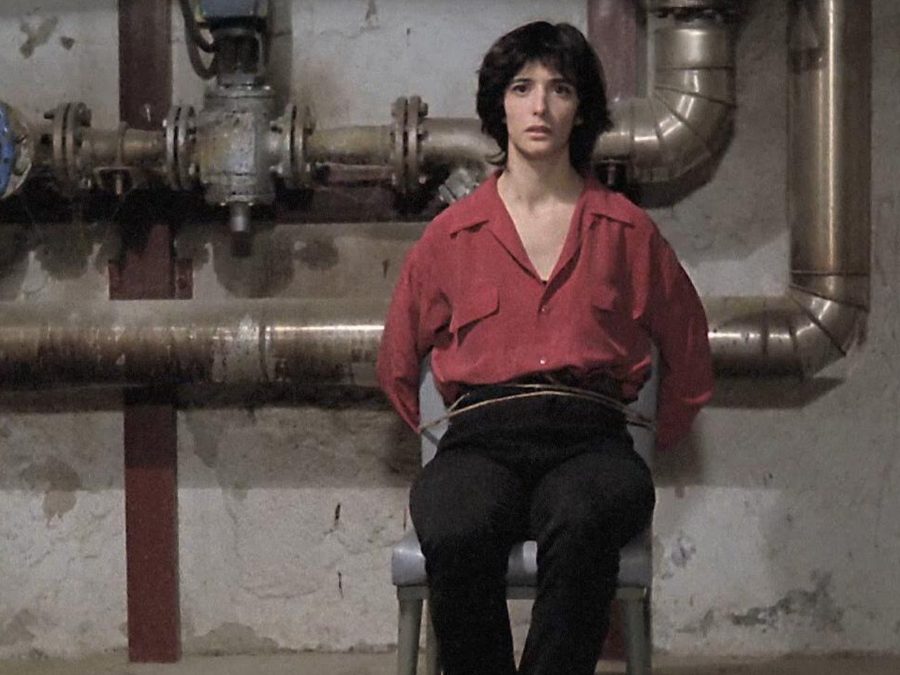
2. Tésis (Thesis) – Alejandro Amenabar (1996)
Tésis, the debut feature from Chilean-Spanish filmmaker Alejandro Amenábar – whose film The Sea Inside won the Academy Award for Best Foreign Language Film in 2004 – revolves around one young woman’s life-threatening attraction to violence. As Madrid film student Ángela (Ana Torrent) begins to research a final-year dissertation focussing on the harms of violent tv and film, she compulsively investigates and, ultimately becomes embroiled in, a secret network creating and distributing gory snuff films from her very own university. Tense and twisted, it sets a tone of absorbing emotional intensity that defines Amenábar’s best work.
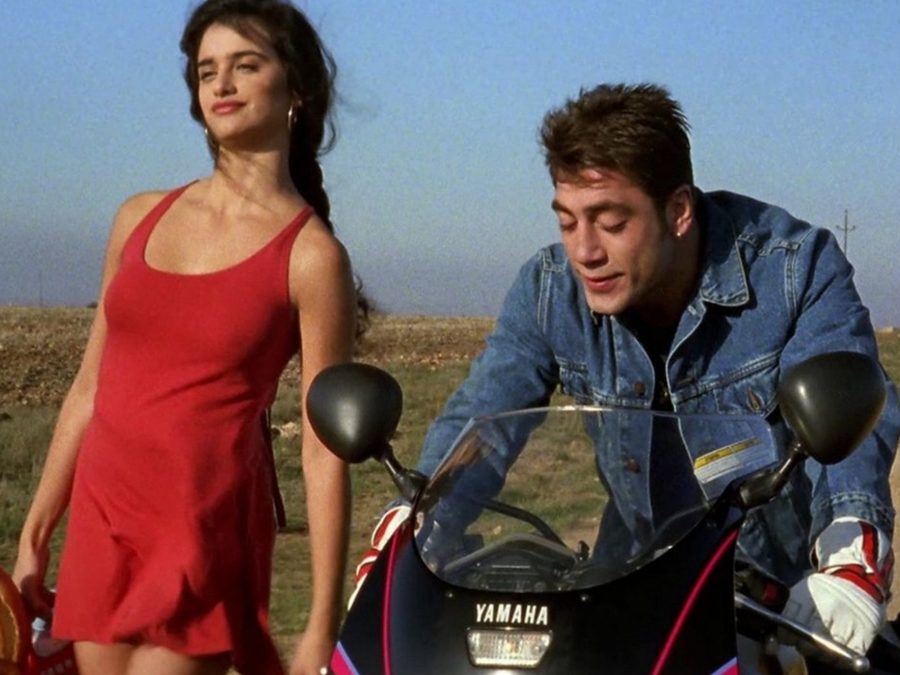
3. Jamón, Jamón – Bigas Luna (1992)
A tale of passion, provincial life and, well, ham, Jamón Jamón is the breakthrough film from late director Bigas Luna. And despite winning the 1992 Venice Film Festival Silver Lion, it’s perhaps most notable as Penelope Cruz’s first feature film – and the meeting place for her and Javier Bardem. It’s here that the iconic on-screen chemistry between the future spouses was first ignited, as they play seamstress Silvia (Cruz) and aspiring bullfighter Raúl (Bardem) in this sensual and tongue-in-cheek melodrama set against a rugged backdrop of Aragon backdrop.
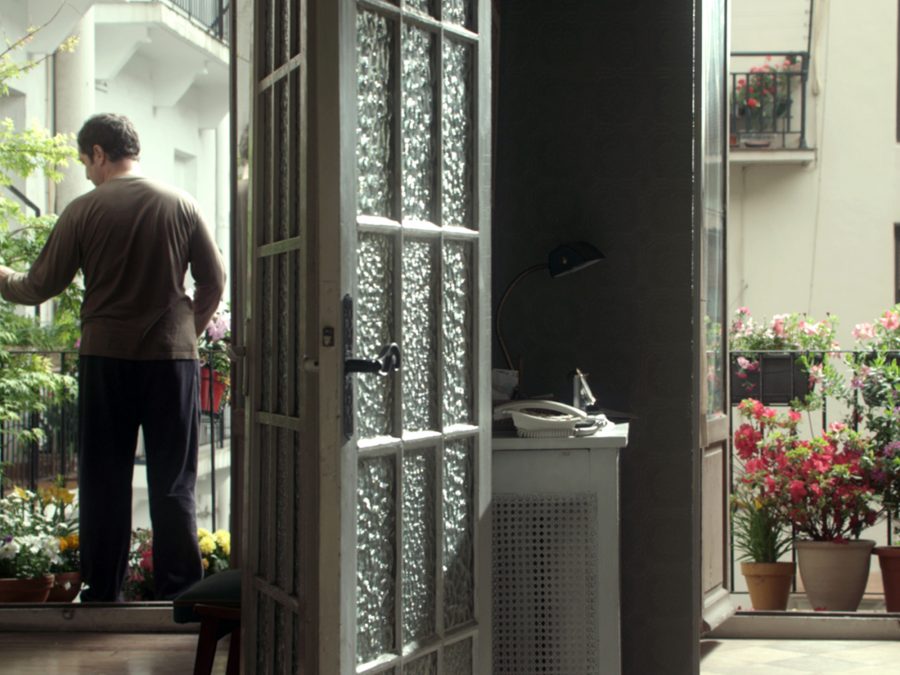
4. Loreak (Flowers) – Jon Garaño and Jose Mari Goenaga (2014)
Basque-language film Loreak opened on home turf at San Sebastián in 2014 and would go on to show internationally and to acclaim, becoming the first Basque-language film to be selected as Spain’s entry for the Academy Award for Best Foreign Language Film. A delicate exploration of the intertwined emotions of love and loss, this joint effort by Jon Garaño and Jose Mari Goenaga is minimalist and precise, pivoting on small but devastating acts of emotional infidelity. Beginning with blooms of romance and ending with buds of remembrance, one woman’s anonymous admirer, who sends flowers every Thursday, dies in a sudden car crash – and becomes imprinted in the minds of his wife and mother.
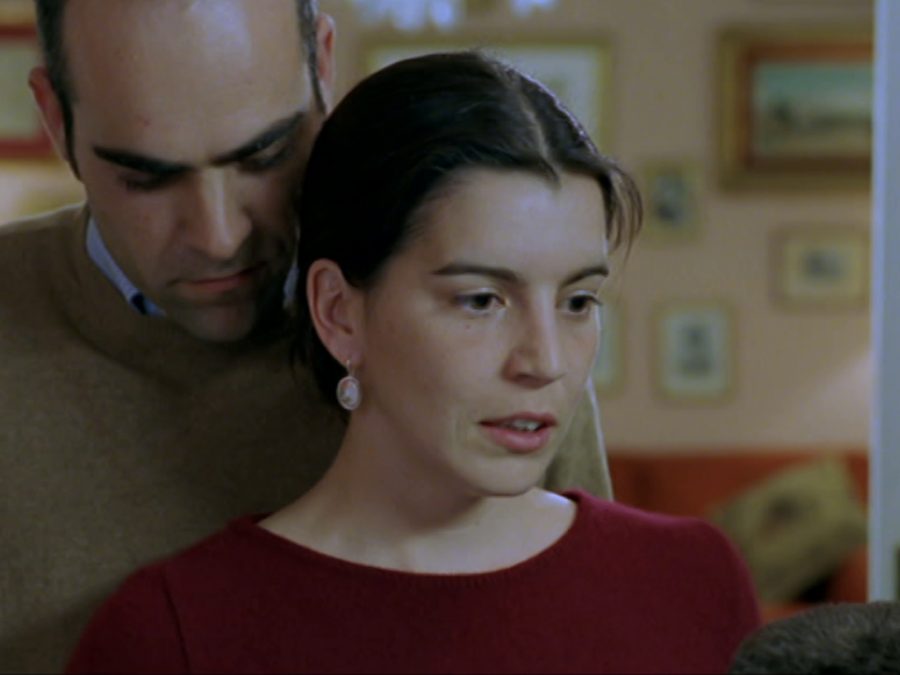
5. Te Doy Mis Ojos (Take My Eyes) – Icíar Bollaín (2003)
A harrowing depiction of intimate partner violence, Icíar Bollaín’s Te Doy Mis Ojos follows housewife Pilar (Laia Marull) as she leaves her husband Antonio (Luis Tosar ) and attempts to rebuild her life after physical and emotional abuse. Today, the film remains powerful but when released in 2003, domestic violence was not yet a recognised crime in Spain. Given this context, Te Doy Mis Ojos is all the more striking for the ways it explores how patriarchal norms silence survivors and normalise abuse. At a time when conversations around domestic violence were deemed private and taboo, Bollaín refused to silence survivors.

6. Carmen y Lola – Arantxa Echevarría (2018)
Debuting in 2018, Carmen y Lola looks at LGBTQIA+ life within the Spanish Roma community through the relationship between the titular Carmen (Rosy Rodríguez) and Lola (Zaira Romero), two best friends who slowly become something more. Sneaking kisses and surreptitiously holding hands, the film observes the tension between their sexual and cultural identities – while at the same time pointing towards the wider discrimination the Roma people experience from Spanish society. Made using non-professional actors of Roma heritage, Carmen y Lola has an organic feel and lo-fi charm, and serves as one of the rare cinematic depictions of an important, but often overlooked, Spanish community.
The post Six Spanish modern classics to watch after Parallel Mothers appeared first on Little White Lies.
from Little White Lies https://ift.tt/SiFIZnl
via IFTTT

0 Comments